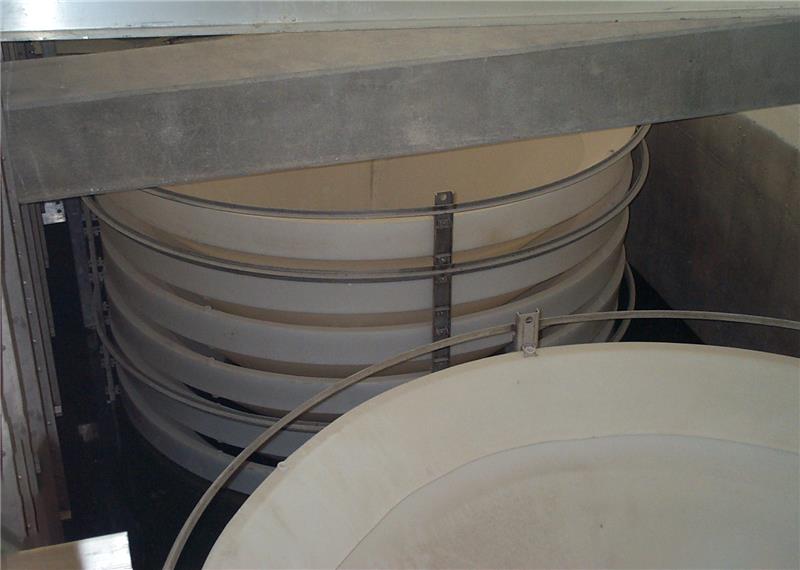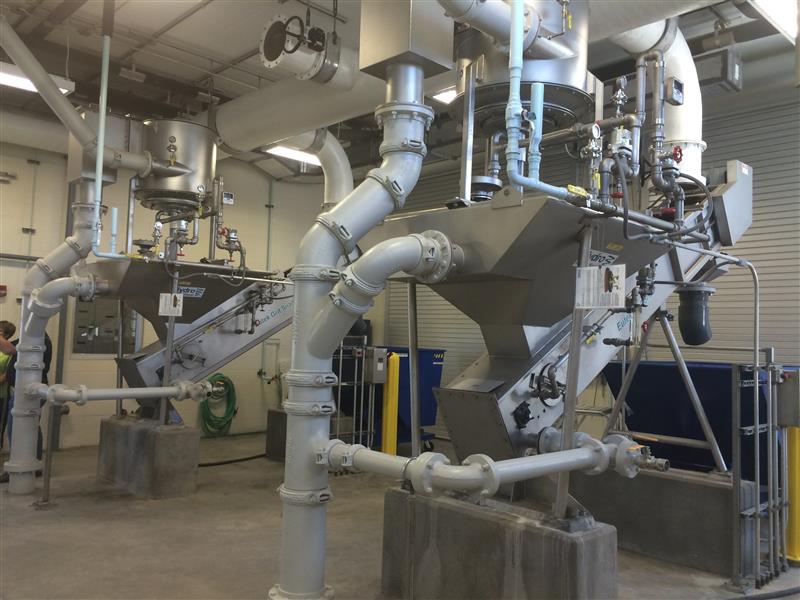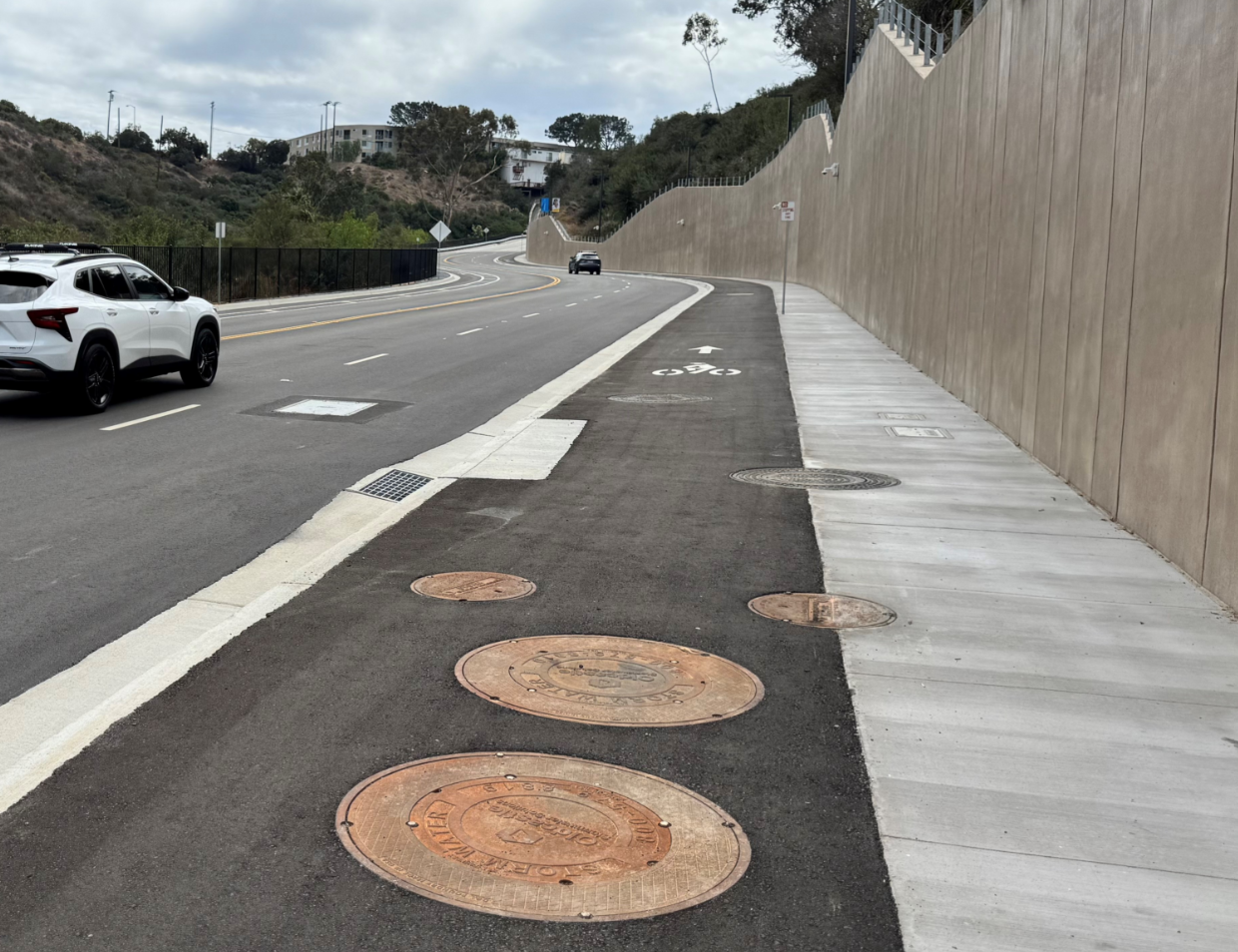November 12, 2024
Tackling the Non-Revenue Water challenge in Georgia

Non-revenue water (NRW) refers to water that is abstracted, treated and supplied, but which is lost or not billed to customers, essentially representing lost revenue for cities and water utilities. This can occur due to various factors, including leaking pipes, unauthorized consumption, metering inaccuracies, and administrative errors.
In Georgia, NRW poses significant challenges as both aging infrastructure and water scarcity continue to be a pressing concern. With an increasing population and fluctuating climate conditions, managing NRW is critical for both economic viability and environmental sustainability.
The NRW Regulatory Framework in Georgia
The regulations surrounding NRW in Georgia are primarily governed by the Georgia Environmental Protection Division (EPD), which operates under the Department of Natural Resources. The EPD has established regulations aimed at monitoring and managing NRW effectively, promoting accountability among water utilities.
One of the key regulations requires utilities to submit annual water loss reports. This mandate, part of the 2010 Water Stewardship Act, ensures that local governments and water providers supplying populations of over 3,300 must provide detailed assessments of their water loss, including NRW. The reports must outline the percentage of water lost, the reasons for the loss, and the strategies implemented to mitigate these losses.
This transparency is essential for developing sustainable, resilient water supply networks—and for fostering trust among consumers and policymakers alike.
Incentives for Improvement
To encourage Georgia utilities to reduce NRW, the state offers various incentives and resources. For example, the EPD provides technical assistance and training programs focused on best practices for water loss management.
Utilities may also receive funding opportunities for upgrading infrastructure, such as leak detection technologies or advanced metering systems. These investments not only help reduce NRW but also improve overall service delivery.
Georgia is aligned with the American Water Works Association (AWWA) standards, which provide comprehensive guidelines for water loss control. These guidelines encourage utilities to adopt a systematic approach to identifying, quantifying, and reducing NRW. The AWWA emphasizes the importance of regular audits, proactive maintenance, and community engagement in addressing water loss.
Challenges and Future Directions
Despite these regulations and incentives, challenges remain. Many utilities, particularly smaller ones, may struggle with limited financial resources and technical expertise. As a result, they may find it difficult to implement the necessary changes to reduce NRW effectively.
Additionally, the diverse geography and varying climate across Georgia present unique challenges in managing clean water distribution systems.
Looking ahead, the future of NRW management in Georgia will likely involve increased collaboration among stakeholders, including state agencies, local governments, and community organizations. By fostering a collective commitment to reducing NRW, Georgia can enhance its water supply sustainability and resilience.
As technology continues to evolve, the integration of smart water management systems will become increasingly important. These systems can provide real-time data on water usage, leaks, and system performance, enabling utilities to respond more quickly and effectively to issues.
Conclusion
In summary, the regulations surrounding non-revenue water in Georgia are pivotal in addressing water loss and ensuring sustainable water management.
By enhancing transparency, providing incentives for improvement, and fostering collaboration among stakeholders, Georgia is helping pave the way for a future where every drop of water is accounted for and valued.
As we continue to navigate the challenges of water scarcity, understanding and managing NRW will be essential for protecting this vital resource for generations to come.
Next
- Read about how CivilSense™ is helping to make invisible infrastructure visible
- Learn more about CivilSense™
- Connect with a smart water expert



